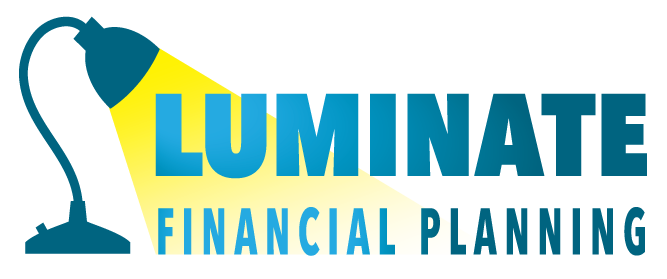New to Saving? Start Small and Keep it Simple
A lot of people go through life believing there’s no way they can save money. They usually have a long list of reasons why: student loans, low salary, high rent, endless kids’ activities, or maybe just the desire to live in the moment.
It’s easy to understand why the “now” keeps you from planning for your future. No one knows what the future holds, which means saving for it isn’t a high priority when you’re still fairly young and just trying to get through each week.
So how do you start saving, even when it seems impossible?
Instead of trying to tackle too much at once, it’s best to:
Start small, and
Automate as much as possible.
Why Start Small?
Starting small is important for several reasons. First, there’s no getting around the fact that when you start saving more now, that will probably mean less fun money today. Better to ease into this new reality than to make big changes all at once that are unsustainable. You can build on your early success and gain confidence as you improve.
Second, starting small is key to building new habits. Research has shown that taking baby steps is one of the few moves capable of changing behavior over the long term. You’ll be more likely to stick with your new savings plan if you start by putting away just a little more each month.
While saving some extra pocket money each month might seem insignificant, it can make a big difference over time. That’s the power of habits. There are probably little things you’ve done over many years that have had an outsized impact on your life now. Individually, they didn’t seem to be a big deal. But small changes early on, compounded over time, can lead to big results.
The Power of Compound Interest
Let’s illustrate the power of compounding with some examples.
Let’s say you start by saving an extra $50/month. Most of my clients can find an extra $50/month in their budget. Now let’s assume that you earn 6%/year on that money, beginning at the start of your career at age 22 until retirement at age 65. (Of course, annual returns don’t work like this, but making this assumption helps illustrate how compounding works.)
If you continued putting away $50/month from age 22 to 65, your savings would end up being just above $121k. That’s definitely not nothing, but it’s not exactly a fortune.
Let’s adjust the scenario a little. Instead of saving just $50/month the entire time, let’s say you gradually increased the amount you save every year. What if you added just $5 a month every year? Or $10 or $25?
The chart below outlines these different scenarios:
Increasing your savings rate makes a huge difference!
Saving $50/month over the course of a year equals only $600 altogether. For most of my clients, that’s doable. And simply adding $5, $10, or $25/month to that total every year can add up to real money, and lots of it. That’s the magic of compound interest.
When you are young, you’ve got time on your side. Even small savings has a chance to become a substantial nest egg because it has many decades to grow. The key is to remain disciplined and slowly build up to higher savings rates.
Of course, compounding can work against you as well. If you have any bad financial habits, like carrying credit card debt, those bad habits are going to snowball into even bigger trouble over the long term. It’s the same principle as saving, but unfortunately the arrow is moving in the wrong direction.
That’s why saving even small amounts of money can get you on the right track. Whether it’s an extra $50 or $5 a month, small wins can help you course-correct and replace bad habits with good ones over time.
Make Saving Automatic
After you’ve decided how much to save every month, the next step is to automate it. This makes the process much easier and is critical to creating good money habits that actually stick.
It’s well-known personal financial advice to always “pay yourself first.” The reason you need to automate is that when you pay yourself last, you’ll never have anything left at the end of each pay period to actually pay yourself. Something will always come up. (Reminder: This is why everyone needs an emergency fund!) And if you haven’t set your savings on autopilot, it’s just not going to happen.
You can apply automation to everything from saving to spending to investing. Automating allows you to get out of your own way. You can't forget something if a computer will remember it for you. I personally pay 90% (maybe 95%) of my bills automatically every month.
Make it a goal to automate as much of your financial life as you can. Automate contributions to your savings and investment accounts, and automate paying the bills. As you continue contributing, just let the money grow. Start today, and you’ll be happy you did.
Need help with saving or automating your finances? I can help you get started. Contact me to schedule a free introductory call, and we can discuss how to make your money work for you.
Disclaimer: This article is provided for general information and illustration purposes only. Nothing contained in the material constitutes tax advice, a recommendation for purchase or sale of any security, or investment advisory services. I encourage you to consult a financial planner, accountant, and/or legal counsel for advice specific to your situation. Reproduction of this material is prohibited without written permission from Alyssa Lum, and all rights are reserved. Read the full Disclaimer.

